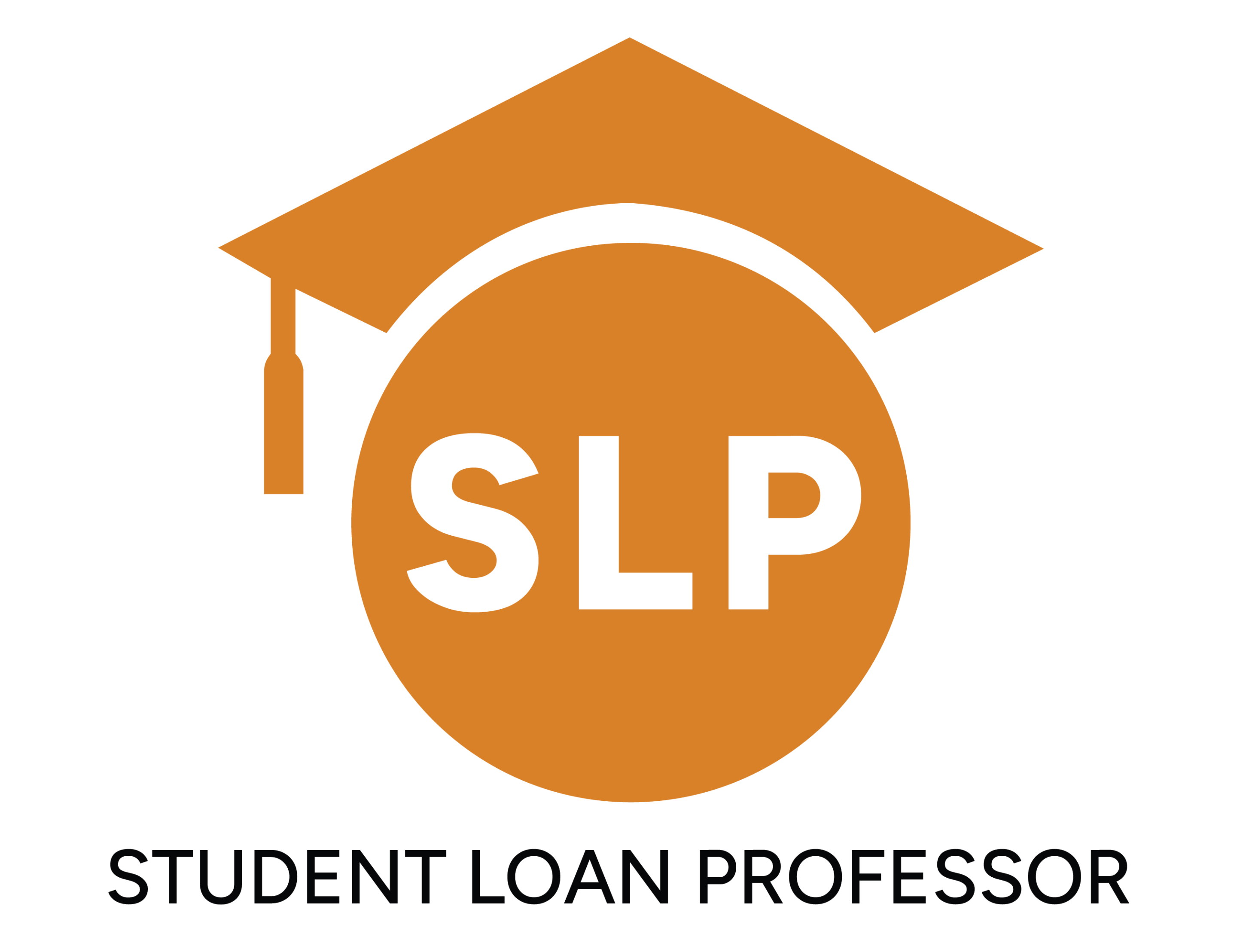Most student loan debt, whether federal or private, is unsecured.
Students typically aren’t expected to have valuable assets that the government or private lenders could seize if loans aren’t repaid. If your parents borrow on your behalf, they won’t have to provide security either.
This is because both the federal government and private lenders have alternative methods to mitigate the absence of collateral.
This article explains the difference between secured and unsecured loans and how unsecured loans relate to student loan debt.
Key Takeways
- Student loans are unsecured, meaning no collateral is required for borrowing.
- Unsecured loans lack security but often come with higher interest rates.
- Federal loans offer unique benefits like forgiveness and fixed low interest rates.
- Private loans differ with flexible repayment options but limited borrower protections.
Secured Loans and Unsecured Loans – The Difference
Secured loans (or secured debts) require collateral, i.e., a valuable asset the lender can sell to get their money back if the borrower defaults on the loan payments.
Since loan repayment isn’t guaranteed, lenders include collateral provisions in their loan agreements to reduce risk and make the transactions “secure.” The collateral could be anything the borrower owns with monetary worth. Examples include a house, car, property deeds, precious metals, or stocks.
Unsecured loans differ from secured debt because they don’t require borrowers to provide collateral. However, due to the lack of security, lenders view unsecured debts as risky transactions.
Lenders in unsecured transactions reduce their risk by imposing stringent financial criteria, like an excellent credit record and proof of a decent and consistent income. Unsecured debt also tends to have higher interest rates to compensate for the lack of collateral.
Consequences of Non-Repayment
Non-payment of secured and unsecured loans results in different consequences.
In the case of a secured loan, borrowers risk losing the assets they put up as collateral and damaging their credit scores. For instance, when a mortgage borrower fails to make monthly payments, the lender can repossess the house via foreclosure and report them to the major credit bureaus.
However, failing to repay an unsecured loan can lead to legal action and negatively impact the borrower’s credit report. If the lender wins a lawsuit against the borrower, they may place a lien on the borrower’s property. Thus, a borrower’s assets may still be at risk even if their debt is unsecured.
Types of Secured Loans
Common types of secured loans include:
- Mortgage: Mortgages involve borrowing money to buy a house. The borrower puts up the house they intend to purchase as collateral.
- Auto Loan: Car loans are similar to mortgages, the distinction being what the borrower intends to purchase and use as collateral (a car instead of a house).
- Home Equity Loan: Home equity loans are like mortgages, except the borrower puts up their home’s equity (what it’s worth minus the mortgage balance) as collateral. These transactions are possible because a home’s value can rise during a mortgage’s lifetime.
Other secured loan types include personal loans, life insurance loans, home equity lines of credit (HELOC), and secured credit cards.
Types of Unsecured Loans
Typical examples of unsecured loans include:
- Unsecured credit card debt
- Personal loans
- Federal and private student loans
A bank overdraft can also constitute an unsecured loan.
Student Loans Vs. Unsecured Loans
Education financing works differently when compared to unsecured debt. The difference is also stark depending on whether you go the federal student loan or private loan route.
Federal Student Loans
Federal loans differ from conventional unsecured loans in several ways:
- Origin: Federal Student loans originate from the U.S. government, via the Department of Education. In contrast, you get an unsecured debt from a private lender (bank, online financial institutions, etc.).
- Credit Checks: Excluding PLUS loans, unsecured federal student loans don’t require credit checks, whereas most traditional unsecured loans do. Instead, the federal government uses the FAFSA form you submit to decide the level of financial assistance you need.
- Bankruptcy: A bankruptcy declaration can automatically eliminate unsecured debt. Not so with federal student loans. The latter debt type requires an additional legal action called an adversary proceeding before you can discharge your debt.
During this separate legal process, you must demonstrate that repaying your student loan would cause “undue hardship” for you and your dependents. US courts view undue hardship as being unable to maintain a minimum standard of living and hardship that could potentially endure throughout the repayment period.
Even then, your bid to discharge your student loan debt isn’t guaranteed. The court needs to see you’ve made good-faith attempts to meet your loan’s repayment terms. If you meet that criteria, the court can also put you on an income-based repayment plan rather than discharging your student loan outright.
- Debt Relief: Unlike unsecured debt, you can have your student loan wiped out via a federal loan forgiveness program (subject to meeting certain criteria). Alternatively, student debtors can get relief through protections like forbearance, deferment, and income-driven repayment.
- Interest Rate: Federal loans typically have low to moderate fixed interest rates, which are set by Congress, offering more financial predictability. Meanwhile, unsecured loans have higher interest rates that may vary.
It’s also advisable not to use the full amount of your student loan if unnecessary.
Private Student Loans
There are many similarities between private loans and unsecured financial transactions:
- You can get both loan types from a private lender only.
- Their interest rates can be high and variable (although you can get a private student loan with a fixed interest rate).
- It’s possible to refinance both loan types (though you “consolidate” unsecured credit card debt).
- Neither loan type offers forgiveness as a debt relief option.
- Both may require credit checks as part of the qualification criteria.
- You can apply with a cosigner to get either loan type (if your credit history isn’t optimal).
That said, private loans differ from unsecured ones in one key area: the immediacy of repayment.
You must start paying off an unsecured loan once you receive the money. In contrast, private lenders give you multiple repayment options, including:
- Immediate repayment
- Interest-only payments
- Partial repayment; and
- Deferred repayment.
Choosing the deferred repayment option means you won’t need to make payments while in college. In addition, once you graduate, the lender may grant you a six-month deferment period during which you can hold off on payments. Your ability to exercise these options will depend on your agreement’s terms.
Other than how soon you have to begin making payments, private student loans differ from unsecured loans in terms of repayment duration and qualification criteria.
Get Expert Student Loan Advice to Secure Your Future
Whether you owe the Federal Government or a private loan organization, you’ll need expert advice on your student debt obligations and the recourse lenders have if you default. Student Loan Professor can help. Book a consultation to get counsel from one of our experts today!
Brandon Barfield is the President and Co-Founder of Student Loan Professor, and is nationally known as student loan expert for graduate health professions. Since 2011, Brandon has given hundreds of loan repayment presentations for schools, hospitals, and medical conferences across the country. With his diverse background in financial aid, financial planning and student loan advisory, Brandon has a broad understanding of the intricacies surrounding student loans, loan repayment strategies, and how they should be considered when graduates make other financial decisions.





